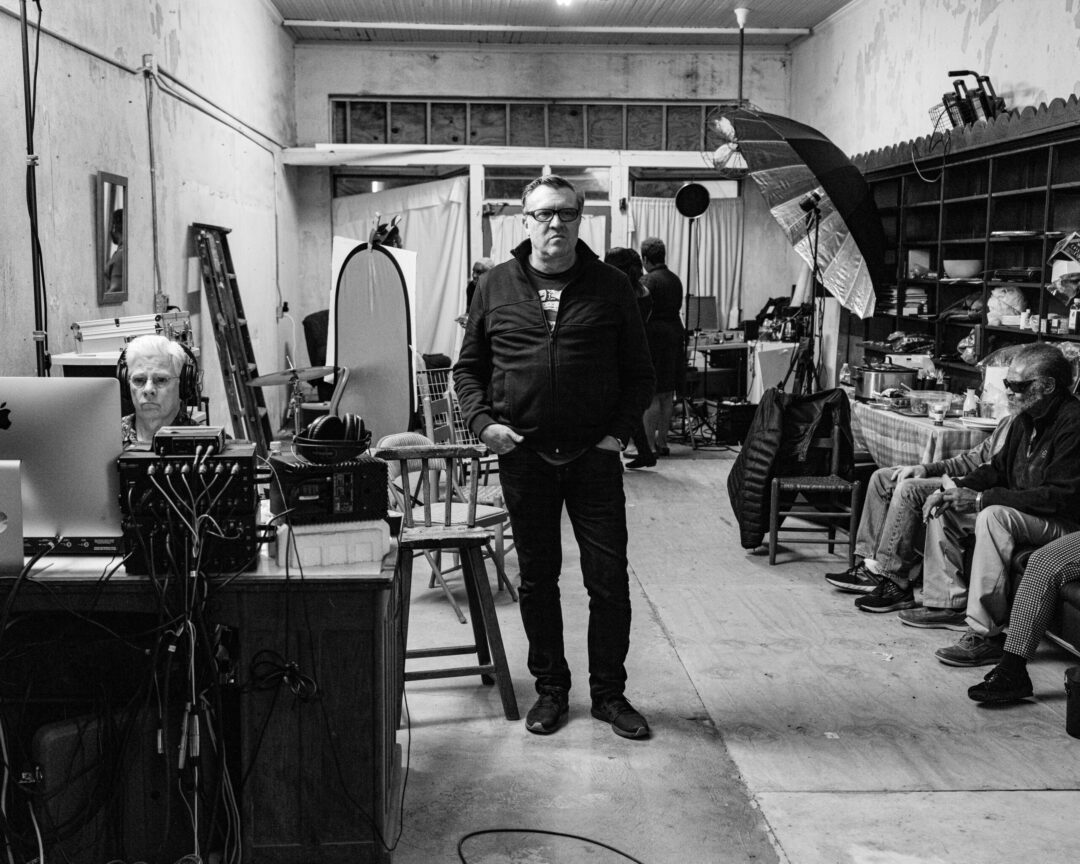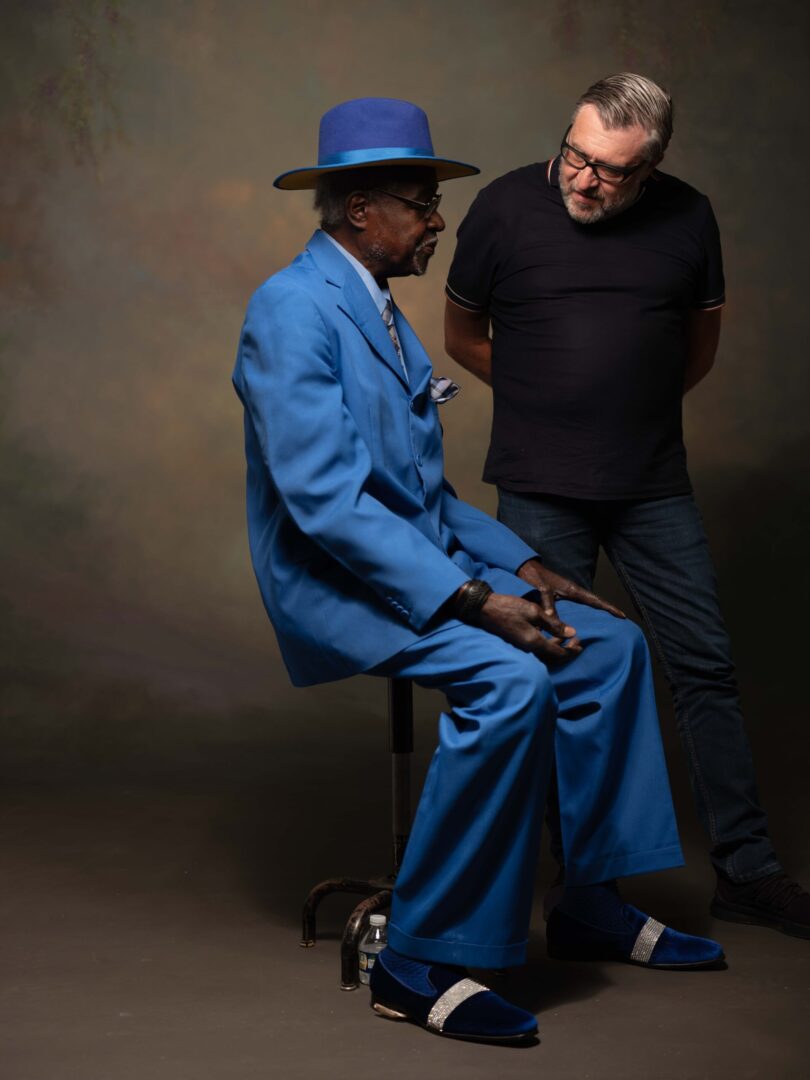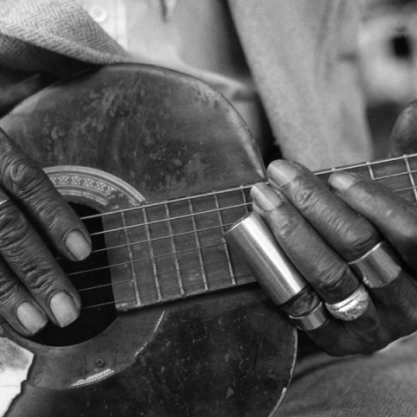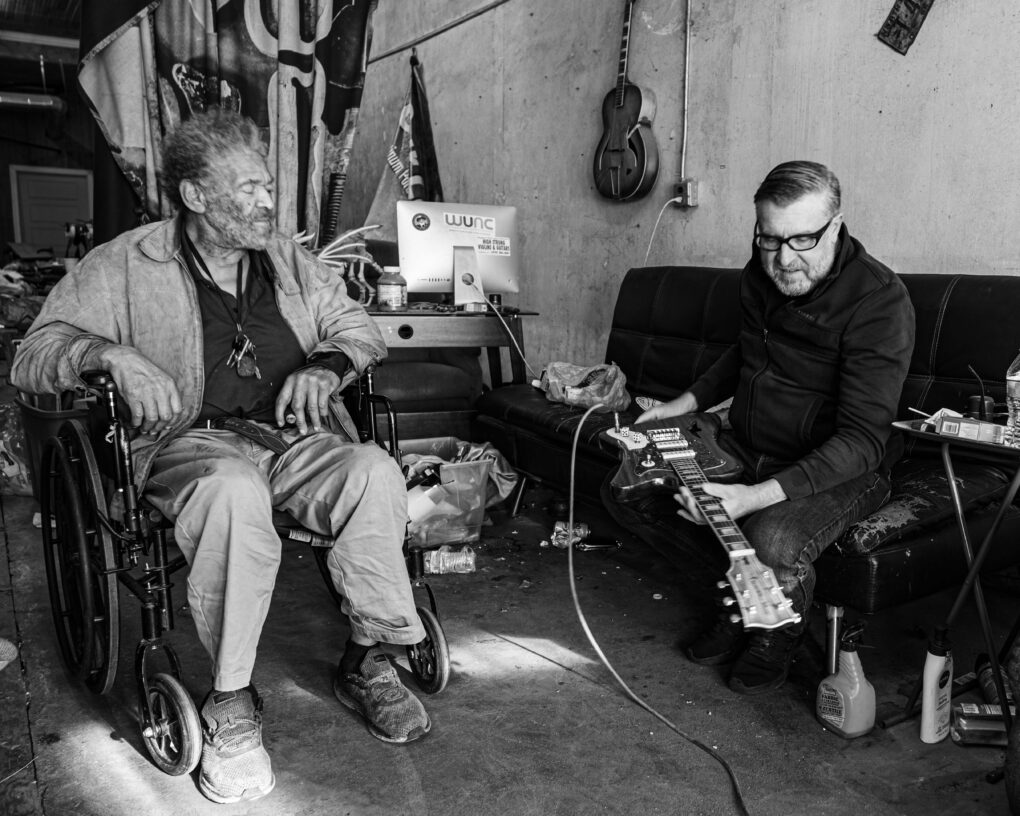Catching Up With Bruce Watson

By Jason Jefferies
Bruce Watson was playing in punk and alternatives bands in the late 1980s and early 1990s when he started looking for a different way forward.
“I kind of saw really quickly that this wasn’t going to be a living,” Watson says. “So I started buying recording equipment and recording the local bands around Oxford, Mississippi. And then about the same time my business partner, Matthew Johnson, was starting Fat Possum Records. In the early 90s, there was no such thing as ProTools. No one had any recording at home unless it was a 4-track cassette recorder, and I built a reputation of being the only guy in the area who could record people. So when Matthew called me and said ‘Hey, I want to record this guy Junior Kimbrough out at this juke joint, would you be interested?’ I told him I was, and we recorded this record All Night Long, which was the foundation of the company at the time. And I’ve been doing it ever since then.”

And what projects at Fat Possum Records is Bruce the most proud of?
“Of course, all of the blues stuff like Junior Kimbrough, R.L. Burnside, Asie Payton, T-Model Ford, Robert Belfour. We made so many blues records in a 10-15 year period. And then later I made records with AA Bonds, the Heartless Bastards, Deadly and the Elephantmen, the Shams. We did a lot of records over a 25-30 year period.”
When asked how he found himself working with Music Maker Foundation, Bruce says:
“I remember Tim (Duffy) hanging around in the early 90s in Oxford when Music Maker was just getting started and Fat Possum was just getting started. He was helping with the George Mitchell catalogue, and he was involved with saving that, which at the time was with Cello Records. Then we worked together on records by Robert Finley and Ironing Board Sam. He (Tim) also helped facilitate the purchase of the Adelphi Records catalogue from Gene Rosenthal. So we’ve probably done a dozen or so projects together.”
Watson has been instrumental in the building of the Music Maker Studios in Fountain, NC.
“We did the first recordings down there with the Sacred Soul of North Carolina about two weeks before the whole world shut down (due to COVID-19). It was the week Freeman (Vines) moved into his space, so none of his stuff was in there yet. I carried the recording gear down and we set that up. The photography studio moved in beside Freeman’s, and then the another space opened up. Tim asked me if he should open up a studio, and it’s Tim and Denise’s brainchild, but I gave them my opinion and helped when I could. It’s been amazing to see it go from dirt floors to where it is now.”
Over the past 30 years, Bruce has seen Music Maker Foundation make a difference in artist’s lives.
“Music Maker’s Foundation whole mission, especially with the studio and the projects I have worked on, is working with these artists who probably never would have had any chance to record; the music is obscure and it is totally out of the mainstream. What the Music Maker Foundation does is very special. It actually gives these artists the chance to be heard. Outside of all of the other help they give artists with their health and finances, it gives them the chance to be heard. And that’s what any artist wants.”

Get involved
& give back
The Music Maker Foundation is a 501(c)(3) nonprofit organization that depends on thousands of supporters. Together, we work to meet the day-to-day needs of the artists who create traditional American music, ensure their voices are heard, and give all people access to our nation’s hidden musical treasures. Please contribute or shop our store today.

